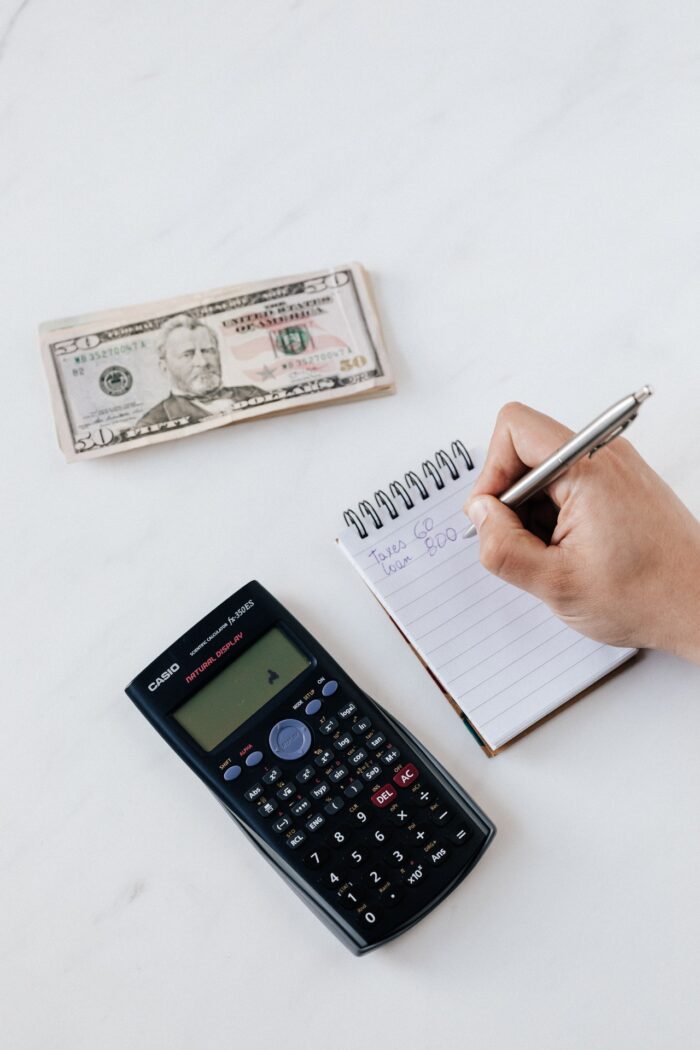
It’s just a matter of time before it happens. The transmission blows on your car right around the time your daughter needs braces, and your washing machine decides to call it quits. These are unexpected expenses and something we need to deal with throughout life.
Being prepared as much as you can is your best bet when life throws you a financial curveball.
Do Your Best to Anticipate Upcoming Expenses
If you’re driving an older car, or your dishwasher has seen its better days, start saving up to replace the item. You may also want to start looking for good deals on the replacement.
An even better strategy is to have an emergency savings fund. Set up a savings account and add to it monthly. Use it only for completely unexpected expenses. Make sure you know what’s in the account. And once you have to take money out of it, replace it as quickly as possible.
But what do you do when the expense comes up before you have a chance to set up the emergency fund? Take a deep breath and assess the situation.
Can you make do without the item for a little while? Just long enough to scrape together the funds to repair or replace it. If it’s the dishwasher, that’s easy. You can wash dishes by hand for a little while. If it’s the fridge or the car you rely on to get you to work each day, that’s a different story.
If you need the broken item, evaluate if it would be less expensive to repair than replace. Even if it isn’t the perfect solution, it may get you to work until you can save up for a different car. Shuffle your money around and if there is no other option, charge it to the credit card and get to work.
Your only goal right now is to pay off that expense. If you stick every penny of discretional income in, it won’t take you long.
Once your bills and credit cards are paid off, do what you can to get that emergency fund set up. Because you know something else will break down the road.
This brings us to a good point…
Recover after that Purchase
Go over your budget (you have one of those, right?) and look if you can temporarily cut back on some things. Stop ordering pizza every Friday night and make your own at home. Skip a night out on the town and watch a couple of movies on Netflix instead of going to the theatre.
Use the money you’re not spending for the next few months to refill your emergency fund. For an extra boost, work a few hours of overtime, do a few freelance projects or temporarily pick up a part-time job to get back on track fast.
Don’t Forget Insurance
If you bought a new car and made the switch to Geico — stay with it. It’s probably covered. If not, consider adding renter’s insurance if you just moved into a new apartment and don’t want to buy homeowner’s insurance. Or medical and disability insurance if working for yourself.
If you’ve made it this far in life without insurance, start researching for the best rate. Don’t sign up until you have an idea of that rate. You can also check with your bank to see if they offer any discounts for buying multiple policies from them at once.
Stay Organized
Be accountable for your actions. If you go out and blow $500 on a new TV, record how much the item cost and list it as an expense in your budget planner. Sit down at the end of each month and make sure there’s enough room in your budget to cover all costs.
Don’t let buying the TV put you in a cycle of bad budgeting. Stay aware of where your money is going.
Final Words
You now have the skills to plan for an unexpected expense and recover from it. If you can do this, life will become a lot less stressful, and you’ll be able to survive without having three jobs — or selling plasma — at once.




Leave a Reply